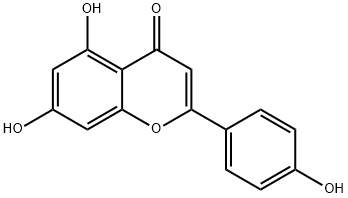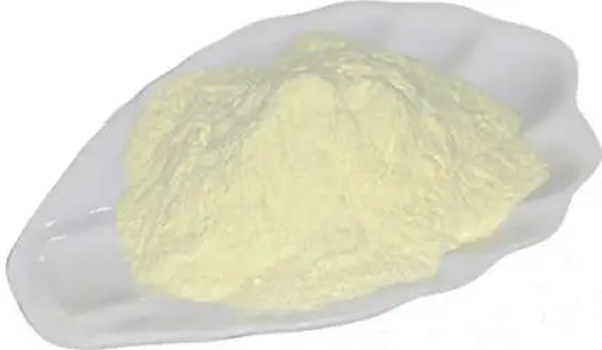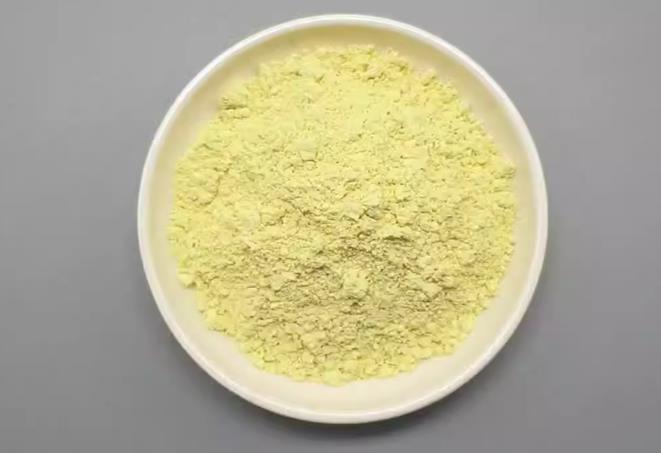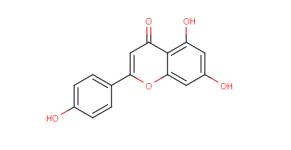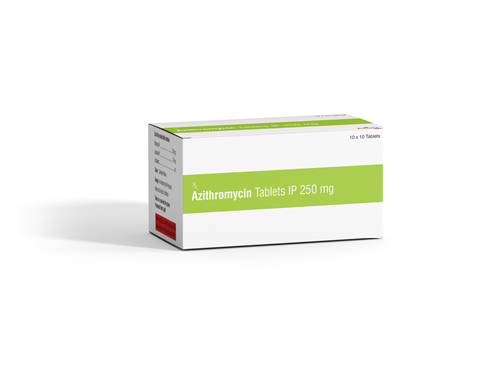Effectiveness and mechanism of Apigenin in improving sleep
Apigenin is a natural flavonoid with a protein molecular weight of 270 Da. It has antioxidant, anti-inflammatory and anti-tumour effects. In addition, it inhibits the function of the glycoprotein CD38, which depletes NAD+, a coenzyme essential for metabolism that declines with age. Recently, a large number of studies have shown that Apigenin is a unique molecule that can affect aging and sleep. Apigenin helps to reduce stress, shorten the time it takes to fall asleep, and in turn, improve the quality of sleep.
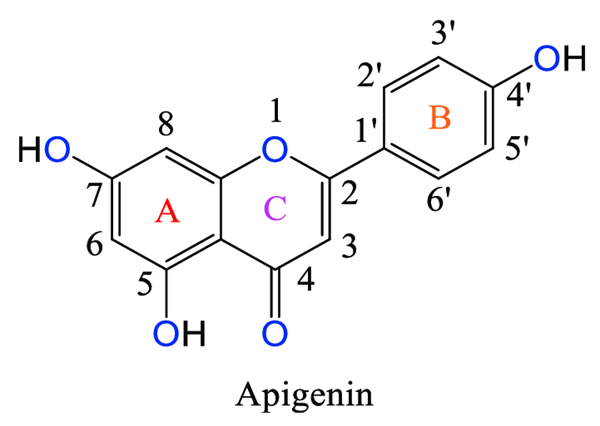
Numerous in vitro studies have shown that apigenin is associated with sleep and/or its underlying neurobiology. In a 2017 study, a transgenic Drosophila melanogaster model expressing alpha-synuclein was used to assess the effects of apigenin dietary supplementation on Parkinson's disease symptoms and biomarkers. Animals supplemented with apigenin showed reversal of many of the biochemical changes characteristic of Parkinson's disease, including alterations in glutathione-S-transferase activity and lipid peroxidation, as well as levels of glutathione and oxidative stress. Apigenin has also been reported to decrease monoamine oxidase activity and increase dopamine levels. In rodents, apigenin supplementation increased sedation or decreased locomotor activity in rodents, factors that affect sleep latency. Similar experiments in mice have shown that apigenin prevents neurodegeneration while improving learning, memory, neurovascular activity, and levels of several key biomarkers, including Bdnf, Trkb, and Creb, all of which are affected by sleep quality.
Clinical studies on the potential effects of apigenin on sleep are limited and mostly clinically evaluated with apigenin in chamomile extracts (0.8-1.2 per cent content). Therefore, it cannot be determined whether the effects of chamomile extracts observed in these studies are entirely attributable to apigenin, and possibly other components of chamomile, or to synergistic results. However, a potentially important role of apigenin for sleep may be indicated.
The effects of chamomile extract versus placebo were evaluated in a trial of eight weeks in patients with depression with or without anxiety. Subjects took one 220 mg capsule per day for the first week and gradually increased to five capsules per day (1100 mg) for the last four weeks. A significant reduction in depression and mood scores was observed as a result. In addition, dietary intake of apigenin was positively associated with sleep quality in a large group of adults.
Mechanism of Action
The mechanism by which apigenin may increase sleep quality may be related to decreased oxidative stress and acetylcholinesterase activity, decreased glutathione-S-transferase activity and lipid peroxidation, and increased glutathione levels. Apigenin is also able to reduce corticosterone levels and increase levels of BDNF, CREB, phosphorylated CREB and serotonin in the hippocampus, all of which have been shown to have sleep-promoting effects. In addition, apigenin shows GABAergic activity independent of GABA- benzodiazepine receptors, possibly mediated by GABAA receptors. Apigenin reduced levels of Tnf-α, Il-6 and iNos1 while maintaining elevated levels of Bdnf and glial Gdnf mRNA.
References:
[1] KRAMER D J, JOHNSON A A. Apigenin: a natural molecule at the intersection of sleep and aging[J]. Frontiers in Nutrition, 2024. DOI:10.3389/fnut.2024.1359176.
You may like
Related articles And Qustion
See also
Lastest Price from Apigenin manufacturers
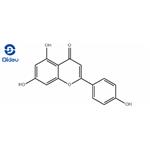
US $0.00-0.00/KG2025-11-21
- CAS:
- 520-36-5
- Min. Order:
- 1KG
- Purity:
- 98
- Supply Ability:
- 10000KGS
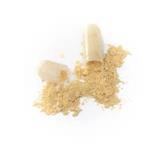
US $1200.00-1100.00/ton2025-09-29
- CAS:
- 520-36-5
- Min. Order:
- 1ton
- Purity:
- 99%
- Supply Ability:
- 1000T/M
